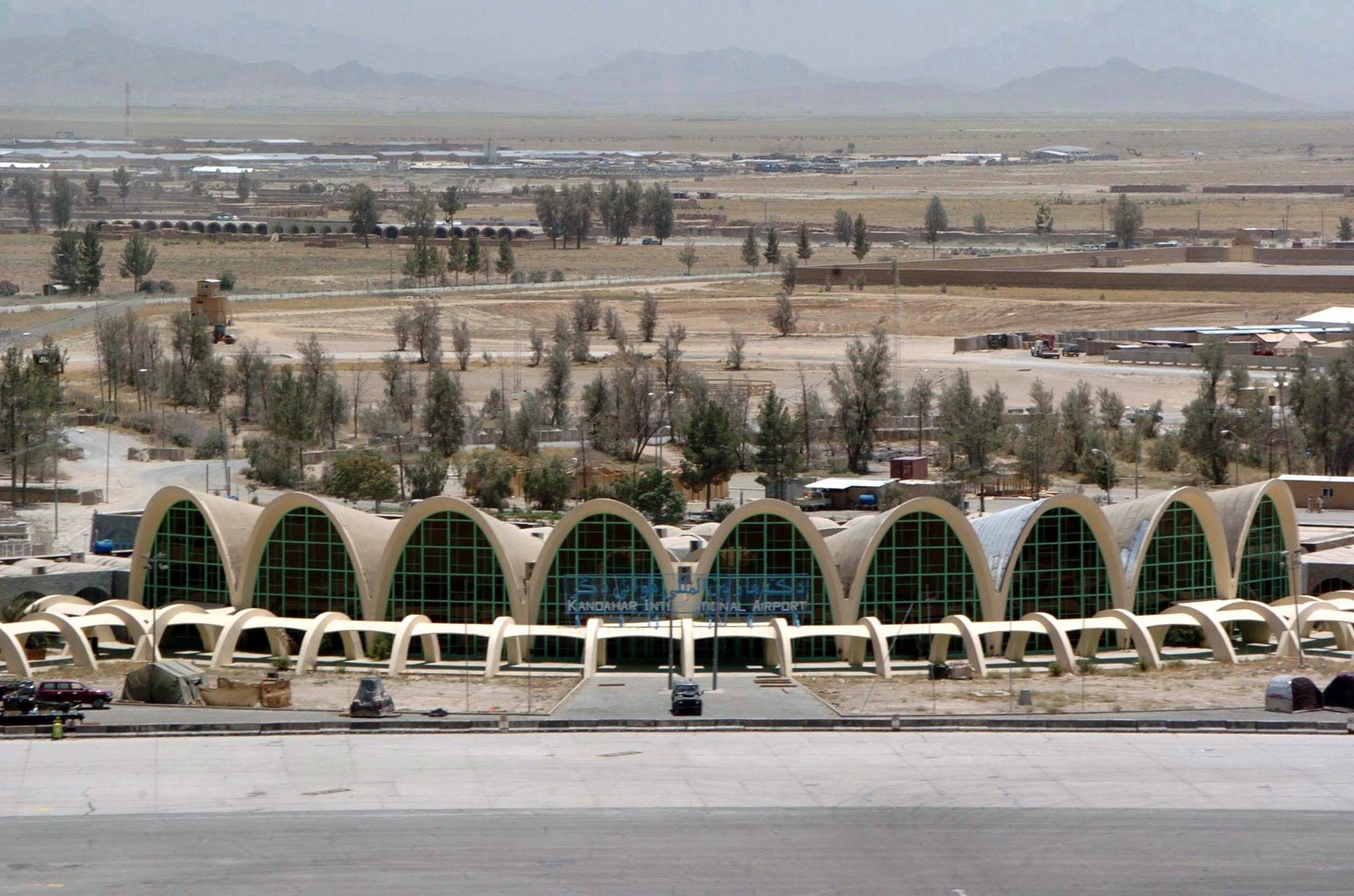Military Contractor Receives Recognition
Last month, there was an impassioned article in The Fayetteville Observer if anyone missed it. It tells the story of a Phillip “Doc” Gonzalez, Marine retired veteran, who later became a military contractor. He fought bureaucracy to obtain a civilian Purple Heart, or Defense of Freedom medal, for a colleague Billy Johnson, who sustained serious injuries in Afghanistan. Mr. Johnson was a military contractor charged with the dangerous duty of delivering mail to FOBs.
Fayetteville man’s fight to recognize injured military contractors results in Defense freedome medal
By Rachael Riley
-Posted May 4, 2019 in the Fayetteville Observer
Phillip “Doc″ Gonzales watched as his friend Billy Johnson was recognized last month with the Defense of Freedom medal.
The award, known as the “civilian Purple Heart,″ was presented to Johnson for injuries he received in Iraq more than a decade ago.
The April 8 ceremony in Tennessee was a long time coming.

“Phillip Gonzales, left to right, Billy Johnson and Maj. Gen. Mark Toy, the U.S. Army Corps of Engineers Great Lakes and Ohio River Division commander, pose for a photo following an April 8 ceremony where Johnson received the Defense of Freedom medal.” – Riley
And Gonzales, a retired Special Forces soldier, played a key role in ensuring his friend was recognized.
Gonzales, 71, met Johnsonin Iraq in the mid-2000s. Gonzales was a medical contractor. Johnson was a contractor who provided security ahead of convoys for the U.S. Army Corps of Engineers.
The two often shared coffee. They had joked about whose turn it would be to buy a short while before Johnson was injured.
“The last time we saw each other (in Iraq) was at a place called the Green Bean, a coffee place like Starbucks,″ Gonzales recalled. “And I kept telling him, ‘Oh when I see you again, it’s your turn to buy coffee.’”
But the next time Gonzales saw his friend, Johnson was missing part of his hand and his leg.
The vehicle that Johnson and four of his colleagues were traveling in was hit by an improvised explosive device on Dec. 9, 2007.
Johnson was the only survivor.
•••
Gonzales, who served in Vietnam, has been a contractor and now is a senior instructor for Special Forces medics at Fort Bragg.
The 2007 incident that injured Johnson was not the only time that contractors he worked with were injured or killed.
While working in Afghanistan years later, Gonzales mourned the loss of five men who died in an attack. At the time, Gonzales’ contract job was as a medical officer for contractors who delivered mail to isolated forward operating bases. Bombings seemed to be a daily occurrence, he said.
“I lost one third of my men bringing the messages from the families of Americans to Americans,” Gonzales said. “This wasn’t new to me.”
While the Department of Defense tracks the number of service members killed, the U.S. Bureau of Labor and Statistics tracks contractor deathsbased on claims filed.
“These reports do not constitute the complete or official casualty statistics of civilian contractor injuries and deaths,” the Bureau of Labor and Statistics’ website states.
Based on its estimates and analysis of claims between Sept. 1, 2001, and Dec. 31, 2018, the agency estimates there have been at last 1,748 contractor deaths in Afghanistan and at least 1,665 deaths in Iraq during that time frame.
Injuries during that period are estimated at 55,687 in Iraq and 40,369 in Afghanistan.
Gonzales questions why more contractors have not been recognized for their service.
“Why are they invisible,” he asked of the contractors who were injured or killed while supporting military missions.
Contractors free up the military to support the mission and provide medical, security, health, food transportation and lodging support, he said.
The contractors who died in Afghanistan and elsewhere were the driving force behind Gonzales’ persistence to advocate for Johnson.
“There was virtually no recognition for these men for their sacrifices, and I decided that they shouldn’t go unrecognized for that,” he said.
In 2012, while still in Afghanistan, Gonzales submitted requests for eight Americans — including Johnson — two Bosnians and one Fijian to receive the Defense of Freedom medal.
The medal was created for Department of Defense civilian employees wounded or killed after Sept. 11, 2001, and is the equivalent of the Purple Heart, a Pentagon memo from when the award was created states.
“Seeing one more American killed or wounded … I vowed to not let them go unrecognized for their sacrifices,″ Gonzales said. “And I lost sleep night after night trying to think of how I could make that happen.”
Gonzales gathered more than 250 pages of documents for each of the 11 people he nominated for the award, including death certificates and medical records. He conducted interviews for witness statements.
The process took about a year.
He sent the documents to the Department of Defense in 2012 through certified mail and never heard anything.
Numbers that he previously called with questions about the award no longer worked, or no one answered.
Years passed, and Gonzales heard nothing.
•••
Early last year, Gonzales decided to once again seek recognition for Johnson.
Gonzales had copies of some of the records he submitted for the 11 people in 2012, but the only complete set of documents that he had were for Johnson.
Frustrated with no response from those he’d reached out to previously, Gonzales decided he’d go to the top with his request.
On Feb. 10, 2018, he wrote a letter to then Secretary of Defense James Mattis.
“I knew that he was a former Marine, and Billy also was a former Marine,″ Gonzales said. “And I thought maybe he would listen to the story of another Marine.”
Johnson was in the turret when his vehicle was hit in 2007.
He had pieces of shrapnel in his body, a punctured lung and was missing a leg and part of his hand. Despite his injuries, he crawled toward the burning vehicle to check on the others. He only agreed to be evacuated once he heard on the radio that his colleagues weren’t alive, Gonzales said.
By May 2018, Johnson was approved by the Corps of Engineers for the Defense of Freedom medal.
Gonzales’ next task was to find “somebody of stature″ to present the medal.
In November 2018, he met with Gen. Joseph Dunford, chairman of the Joint Chief of Staffs and another Marine. He gave Dunford a packet that included a letter with photos of Johnson’s military service and a picture of him in the hospital bed recovering.
Those efforts paid off.
About three months later, Gonzales received a call from Washington, D.C. — officials had someone to present Johnson’s medal.
Maj. Gen. Mark Toy, U.S. Army Corps of Engineers Great Lakes and Ohio River Division commander, was the commanding officer in Iraq at the time Johnson was injured.
In February — once Gonzales was certain the ceremony would happen — he called Johnson to tell him the news.
•••
On April 8, Toy presented Johnson with the medal in Chattanooga, Tennessee, where the former contractor now lives.
The ceremony was hosted by the U.S. Army Corps of Engineers at the Tennessee Valley Authority Central Labs near Chickamauga Lock.
The room was filled with Johnson’s family, colleagues and former Marines he served with while in the military.
Gonzales was by his side.
“I walked in with my wife and there was Billy,″ Gonzales said. “There was a huge hug, and he wouldn’t let me go, and the tears were coming down.”
Johnson, now 51, limped a little and concealed his hand, but he stood upright and assertive —like a Marine, Gonzales said — as the medal was presented.
During the ceremony, Gonzales scanned the room.
“The lady behind me, I could hear her sniffling — his mom. And I looked over and there’s this young girl sitting on the side. I see the tears coming down her eyes — his daughter,” Gonzales said.
Johnson’s son, who is in the Air Force, was approved for leave to attend the ceremony.
“Toy said how proud he was of Billy and the team that sacrificed so much and ultimately led to the success of that mission,” Gonzalez said, wiping tears.
Toy said four words that Gonzales wanted Johnson’s family to hear for years — “from a grateful nation.”
“It was like they saw their son and father for what he was, truly a man who had sacrificed and was a hero,” Gonzales said. “And Billy was in tears.”
•••
As for the cup of coffee that Johnson owed Gonzales, it was shared after the ceremony.
“He was an advocate for me for well over 10 years,” Johnson said by phone during a recent interview. “I provided him with all my medical records, 52 reconstructive surgeries, and he didn’t just assist me in getting the declaration, but he also tried for my teammates.”
Like Gonzales, Johnson said he thinks more can be done to support the sacrifices of contractors.
He said it was contractors Sean Powers and Raffale Di Giorgio who provided immediate medical attention for him the day he was injured.
And it was a contractor, Gonzales, who persisted for years to ensure Johnson was recognized.
Gonzales said it is his hope that other contractors who are injured or killed will receive recognition for their sacrifices.
“All these years we’ve lost so many, and we need to let their families know that they didn’t die for nothing,” he said.





